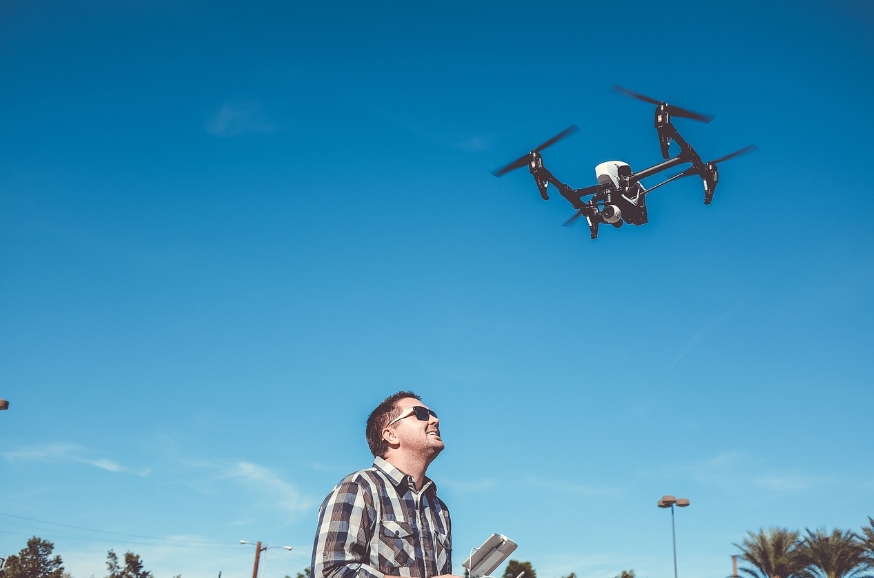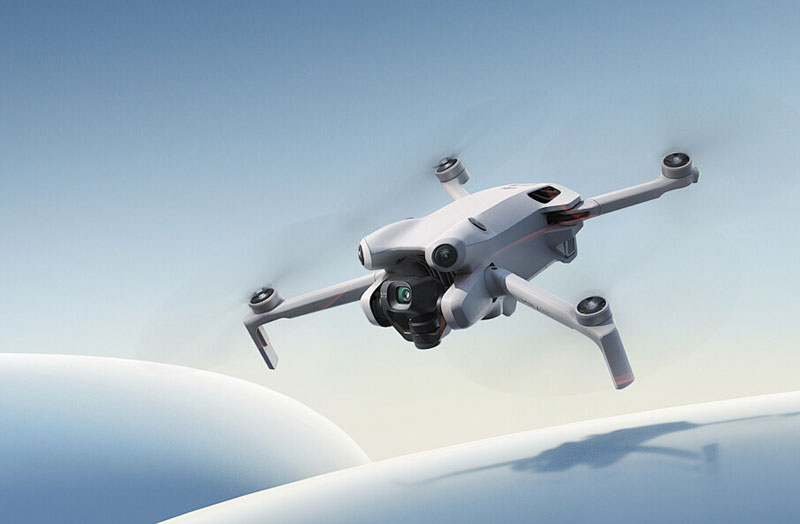In the rapidly advancing realm of modern military technology, the role of an Air Force drone pilot has become increasingly crucial. With technological advancements, these pilots are at the forefront of strategic military operations, operating unmanned aerial vehicles (UAVs) to perform tasks that range from reconnaissance missions to precision strikes.
The Day-to-Day Life of an Air Force Drone Pilot
For those considering a career as an Air Force drone pilot, understanding the daily responsibilities is key. These pilots operate from ground control stations, yet their impact is felt thousands of miles away. Their work requires intense concentration, technical proficiency, and the ability to make rapid decisions in high-stress environments.
Typically, an Air Force drone pilot’s day begins with a detailed briefing session to discuss the objectives, weather conditions, and any potential threats. It’s during these briefings that the crew reviews every aspect of the mission to ensure its success.
Training and Skills Required
Becoming a drone pilot involves extensive training. Interested candidates must first join the Air Force and complete Undergraduate Remotely Piloted Aircraft Training (URT). This intensive program combines classroom instruction with hands-on flight training.

Key skills for an Air Force drone pilot include spatial awareness, technical proficiency, critical thinking, and the ability to operate under pressure. Moreover, the pilots need to have a deep understanding of aviation technology and weapon systems to effectively perform their duties.
Operations and Missions
Air Force drone pilots are involved in a variety of missions such as intelligence, surveillance, reconnaissance, and strike operations. Their ability to remain stationed safely on the ground while conducting these missions makes drones a crucial component of modern warfare strategies.
UAVs are equipped with state-of-the-art cameras and sensors, providing real-time data to military commanders. This intelligence is used to make strategic decisions that can significantly alter the course of operations, hence the pilot’s role is critical.
Technological Integration

The integration of new technologies with UAVs continuously enhances operational capabilities. Artificial intelligence and machine learning are being increasingly implemented, allowing drones to perform complex tasks autonomously or semi-autonomously, thereby aiding the pilots in their missions.
With these advancements, the future of Air Force drone pilots holds a promise of more efficient and safer missions, leveraging technology to its fullest potential.
Ethical Considerations and Challenges
Pilots face several ethical dilemmas, particularly concerning the rules of engagement and the potential for collateral damage. The decision to engage is a serious one, weighing the mission’s objectives against the risk to civilian lives.
These ethical considerations also extend to the long-term effects of drone operations on the mental health of pilots, creating a demand for robust support systems for these service members.
FAQs about Air Force Drone Pilots
Q: What is the primary role of an Air Force drone pilot?
A: The primary role involves operating UAVs for a variety of purposes such as intelligence gathering, surveillance, reconnaissance, and executing strategic military strikes.
Q: How does one become an Air Force drone pilot?
A: To become a drone pilot, one must enlist in the Air Force and complete the necessary RPA pilot training programs, including URT.
Q: Are there mental health resources available for drone pilots?
A: Yes, due to the high-stress nature of their duties, drone pilots have access to mental health and counseling services to support their wellbeing.
Overall, the life of an Air Force drone pilot is one of precision, technology, and strategic importance. With the rapid evolution of military technology, their role will continue to expand, incorporating more advanced systems and requiring even greater skill and dedication.
